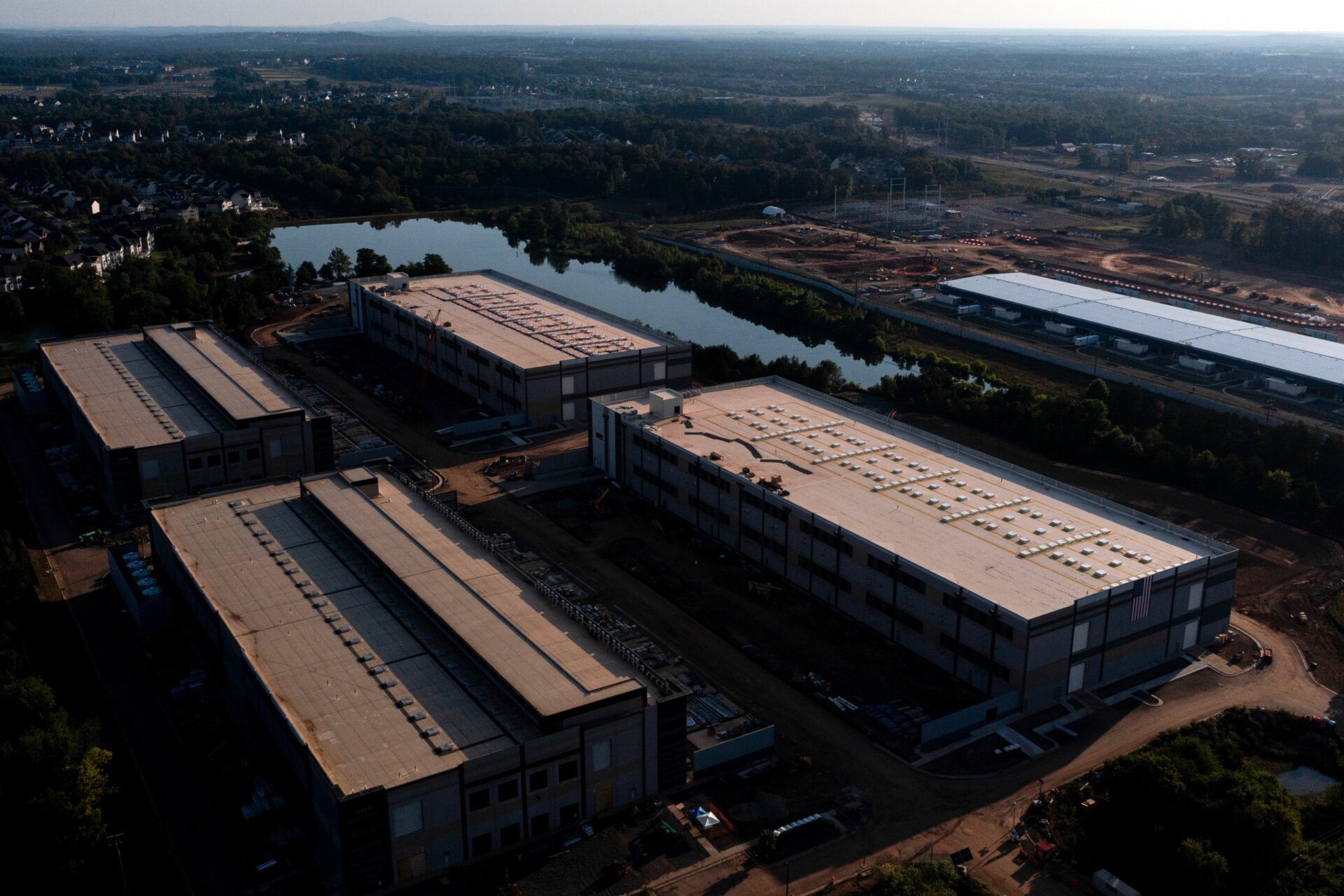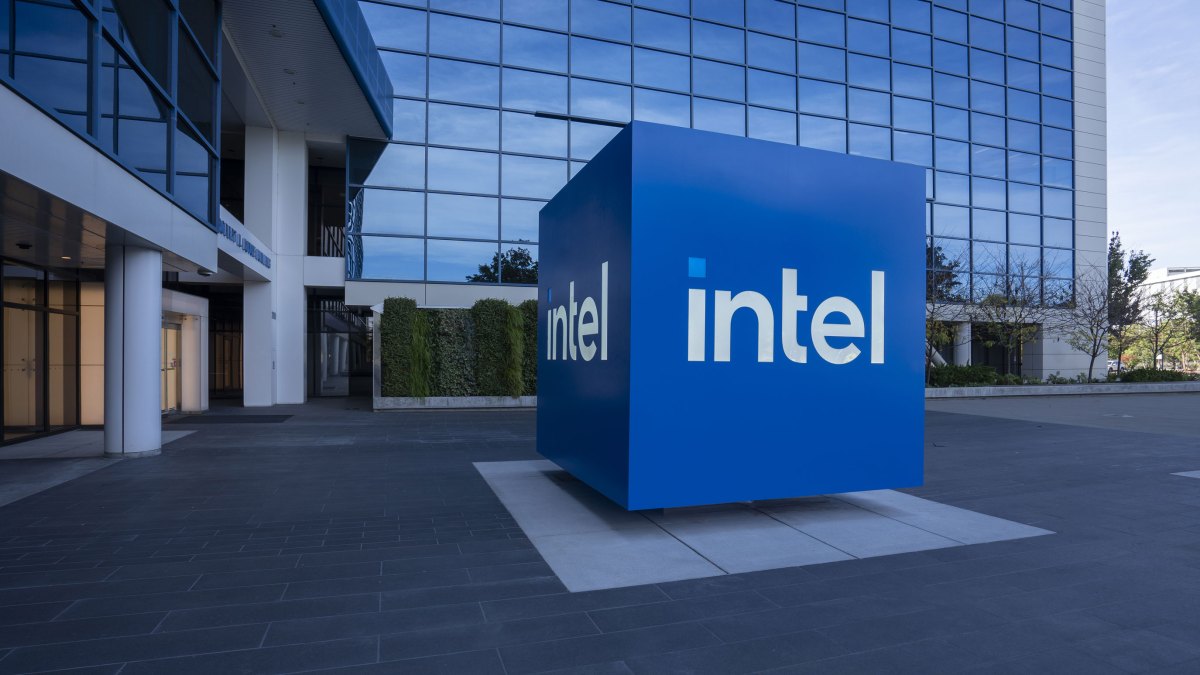Introduction to AI Data Center Plans
The number of major tech companies scaling back their AI data center plans has increased to two. According to reports from financial institutions Wells Fargo and TD Cowen, Amazon has paused negotiations on several co-location data center deals, primarily in the European region. This development comes shortly after reports indicated that Microsoft had also paused or cancelled some of its AI data center plans.
Current Status and Implications
A report by Wells Fargo notes, “It’s not clear the magnitude of the pause, but the positioning is similar to what we’ve recently heard from MSFT—they are digesting aggressive recent lease-up deals.” However, it’s emphasized that Microsoft appears to be proceeding with deals that have already been signed. Co-location refers to the practice of sharing substantial infrastructure costs by partnering with other companies that require data center services.
Ongoing Data Center Developments
Other companies, such as Meta and xAI, are continuing to aggressively expand their data centers to support their AI models. The construction of large-scale data centers requires significant power, which has posed challenges for power grids. Amazon may need additional time to open data centers that are currently under construction. According to the Wells Fargo report, Amazon already has 9 GWs (gigawatts) of active power capacity in its existing data center infrastructure.
Market Concerns and Trade Impacts
This news adds to concerns that the demand for AI infrastructure might be cooling down as businesses struggle to effectively utilize AI technology to save time and money. The ongoing trade war initiated by President Trump, which is causing market volatility, doesn’t help. Amazon’s stock has decreased by 24% this year, and the company is exposed to tariffs on Chinese goods, with estimates suggesting that over 70% of goods on its marketplace originate from China.
Economic and Technological Implications
There are concerns among economists that the trade war and potential recession could slow down the AI boom, affecting major players like Nvidia, which receives a substantial portion of its business from China. Nvidia is under scrutiny for potentially allowing high-end chips to evade sanctions and enter the Chinese market. If Amazon reduces its investment in new data centers, it could further impact Nvidia’s chip sales.
Future Outlook and Expectations
Amazon is set to report its next earnings on May 1st, and there will be close scrutiny of how AI demand is trending. Microsoft recently pulled back on a $1 billion data center project in Ohio, a move that surprised local officials who had offered generous tax incentives despite concerns over job creation and resource usage. CEO Satya Nadella has sought to moderate expectations about the AI revolution, stating that the technology has not yet provided a significant boost to the U.S. economy. However, Microsoft has reiterated its plan to spend $80 billion on infrastructure over the next few years.
Local and Environmental Impact
One positive aspect is that local communities will not have to bear the tax burden for cancelled upgrades. However, data centers do provide employment opportunities for construction workers during the initial rollout phase. There had been hopes that the demands of data centers would prompt local municipalities to upgrade aging infrastructure and invest in clean energy, potentially offering immediate practical benefits from AI, beyond the limitations of current applications like chatbots or surveillance systems.
Source Link





